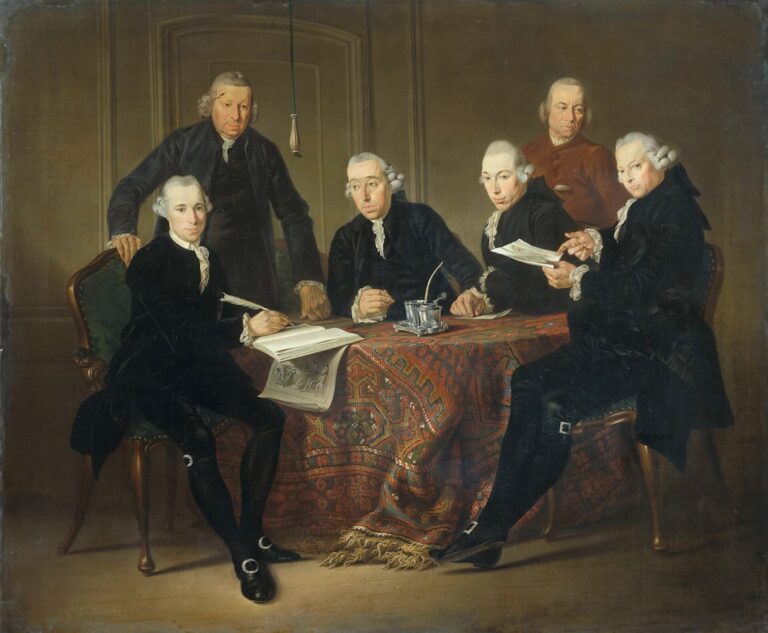
Ever feel like your thoughts are crystal clear in your head but turn into a jumbled mess on paper? You’re definitely not alone. So many of us want to share our ideas, stories, or even just a simple email, but struggle to make our words truly land. I’ve been there, trust me. Whether it was trying to articulate the lessons I learned from overcoming my own bad habits or just trying to write a clear blog post, improving my writing has been a journey.
The good news? It’s a skill, and like any skill, it gets better with practice and the right approach. It’s not about some magical talent you’re born with. It’s about learning a few key things and putting them to work. So, let’s talk about some ways you can start improving your writing today, making it clearer, more engaging, and more you.
Read Like a Writer
This might sound obvious, but it’s more than just reading for fun. Pay attention to how things are written. When a sentence grabs you, ask why. Notice the rhythm, the word choices, the way an author builds an argument or tells a story. You don’t need to dissect every single word, but start observing what works and what doesn’t. It’s like learning to cook by watching a great chef – you pick up techniques and flavors.
Practice Daily (Even Imperfectly)
You wouldn’t expect to get fit by going to the gym once a month, right? Writing is the same. Try to write something every day, even if it’s just for 15-20 minutes. It doesn’t have to be perfect. It doesn’t even have to be for anyone else to see. It could be a journal entry, a quick thought, or a response to something you read.
When I was working on building better habits, like my goal to lose over 110 pounds, consistency was everything. Little by little, day by day. The same principle transformed my writing. Those short bursts of effort add up.
Write for One Person
Instead of trying to write for a huge, faceless audience, pick one person you know. Imagine you’re talking directly to them. This makes your writing instantly more personal, focused, and conversational. It helps you get out of your own head and think about what the reader actually wants or needs to hear. Who are you trying to help or connect with? Picture them.
Cut the Clutter
This is a big one. We often use more words than we need. Go back through your writing and look for extra words, complicated phrases, or anything that doesn’t add real meaning. Can you say it more simply? More directly?
Think:
- Use strong verbs.
- Avoid unnecessary adverbs.
- Get straight to the point.
Clear writing is confident writing. It respects the reader’s time.
Embrace Your Unique Voice
Don’t try to sound like someone else. Your experiences, your perspective, your way of seeing the world – that’s what makes your writing interesting. It took me a while to get comfortable sharing my own stories, like my struggles with addiction and the journey to a healthier lifestyle. But I realized that vulnerability and honesty are what connect us. For me, strengthening my Christian Orthodox faith also helped me find clarity in my voice and the purpose behind my words. Your voice is your superpower. Use it.
Tell Compelling Stories
People connect with stories. Whether you’re writing a blog post, an email, or even a report, look for opportunities to weave in a narrative. Stories make abstract ideas concrete and memorable. They create an emotional connection. Think about a challenge you faced, a lesson you learned, or an experience that changed you. Sharing these honestly can make your writing much more powerful.
Seek Honest Feedback
This can be tough, I know. Nobody likes criticism. But if you truly want to improve, you need to know what’s working and what’s not. Ask a trusted friend, colleague, or mentor to read your work and give you honest feedback. Don’t just ask if they "like it." Ask specific questions:
- Was anything unclear?
- Where did you get bored?
- What was the main message you took away?
Be open to their suggestions. You don’t have to take every piece of advice, but listen with an open mind.
Rewrite and Revise
Your first draft is just that – a first draft. It’s supposed to be messy. The real magic happens in the editing and rewriting process. This is where you clarify your ideas, polish your sentences, and make sure your message shines through. Don’t be afraid to cut things, move things around, or even start over if something isn’t working. Good writing is often rewriting.
Learn from the Greats (But Be Yourself)
Read writers you admire. Study their style, their structure, their voice. What makes their writing effective? You can learn so much from them. But remember, the goal isn’t to copy them. It’s to understand the principles they use and then apply those principles in your own unique way. Let their work inspire you, not intimidate you.
Connect with Your Why
Why are you writing? What message do you want to share? What impact do you want to have? When you’re clear on your purpose, it fuels your writing. It helps you push through those moments of doubt or frustration. For me, a lot of my "why" comes from wanting to share the hope and practical steps that helped me turn my own life around. When your writing is connected to something meaningful for you, it will resonate more deeply with others too.
Improving your writing is a marathon not a sprint. Be patient with yourself. Celebrate the small improvements. Every time you choose a stronger word, simplify a sentence, or connect with a reader, you’re getting better.
So, what’s one small step you can take today to work on your writing? Maybe it’s dedicating 10 minutes to free-writing, or perhaps re-reading something you wrote recently with fresh eyes, looking for one thing to simplify. Just start somewhere. You’ve got this.





